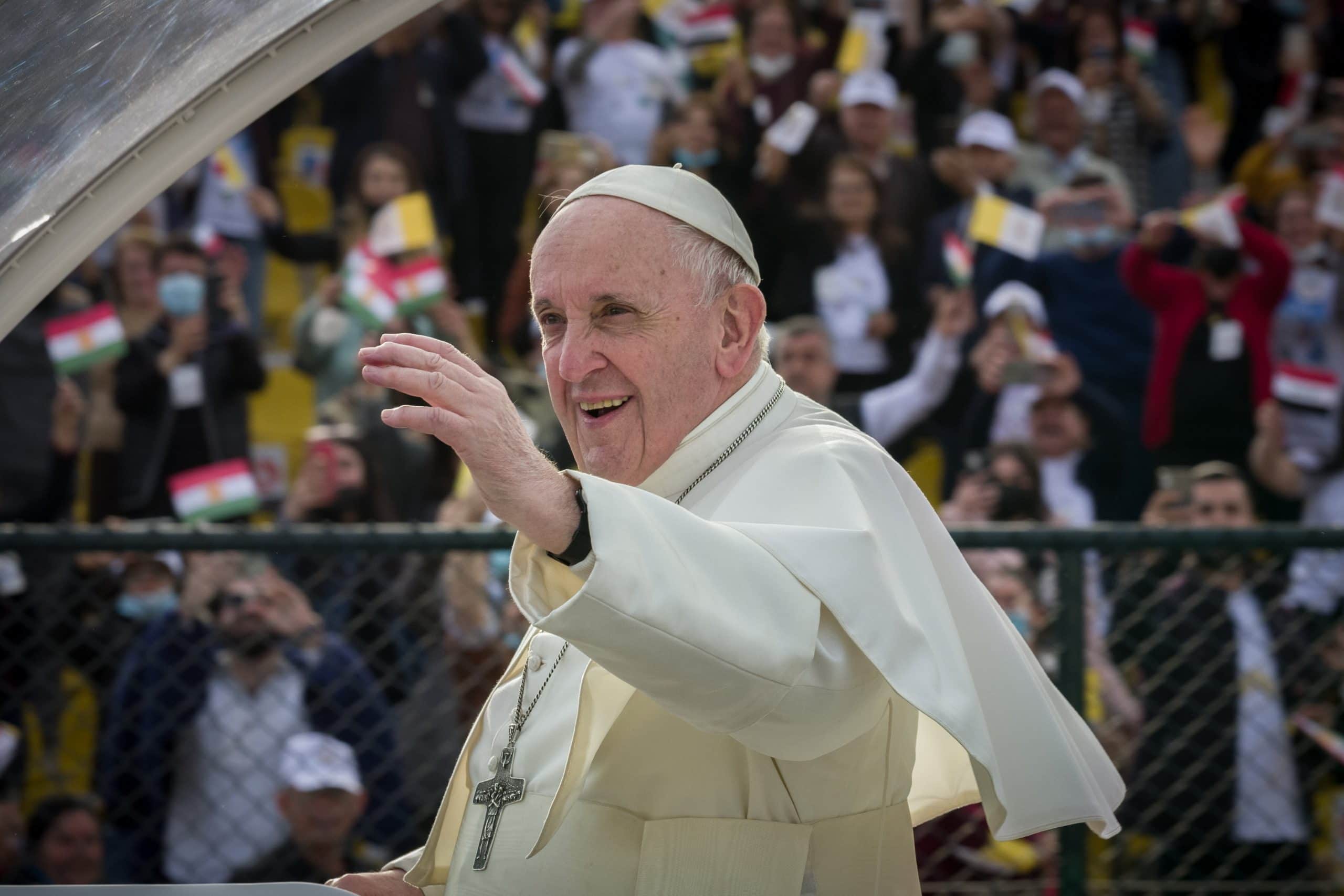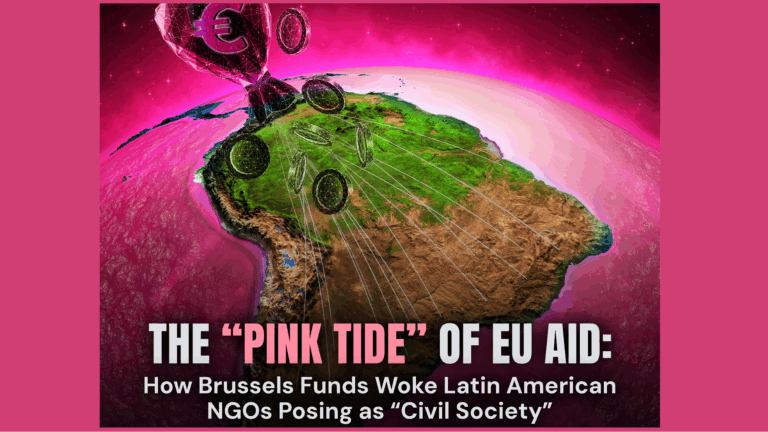The last time Budapest hosted the International Eucharistic Congress was in 1938, a time of an impending international cataclysm. This past week, during its second occurrence in the city, participants prayed that we are nearing the end of another one.
Yet, irrespective of the pandemic timeline, Catholics are in the midst of a longer-term battle with the forces of secularism and postmodern nihilism. Recent years have brought legal abortion to formerly Catholic stalwarts Ireland and Argentina; open defiance toward the Vatican from German bishops; mass pro-abortion protests in once-unshakeable Poland; and the inauguration of a self-identifying Catholic US president who rejects nearly all key tenets of Catholic social teaching. Within the churches themselves, 69 per cent of American Catholics reject the real presence of Christ in the Eucharist, according to a 2019 Pew Research Center study.[1] All of this calls for strong leadership from the Vatican; sadly, Pope Francis’s papacy has wrought more than its share of confusion.
Two of the pope’s more baffling long-term maneuvers have been his (perhaps unintended) informal acceptance of homosexual lifestyles—a perceived acceptance that earned him the ‘Person of the Year’ award from a gay advocacy magazine in 2013[2]—a position that he only clarified in 2021, after seeming to endorse gay civil unions;[3] and an agreement with the Chinese government to recognize the state-sanctioned Church, a direct repudiation of the long-suffering underground Church in China. His recent acknowledgment, ‘You can be deceived in dialogue, you can make mistakes, all that,’[4] should inspire little confidence among the faithful in the world’s largest nation.
Catholics, in general—this author included—would overlook nearly a decade of confusion in exchange for a year or two of firm leadership and lucid communication. After all, Christ’s message of forgiveness is an unmistakable precept of the faith. The congress in Budapest offered an opportunity to achieve such progress. Catholics believe in papal infallibility on matters of doctrine, when the pope is speaking from the Chair of Peter – not, say, on matters like mass migration or climate change; this papacy has offered no shortage of the latter, but frustratingly little of the former. Budapest might have been a turning point.
It was a particularly relevant moment because Hungary has weathered the storm of European outrage over its laudable family policies, which are remarkably compatible with Catholic social teaching
Hungarian parents, and particularly mothers, enjoy a tremendous number of financial benefits, as well as housing, transportation, and work-life-balance advantages. (Visit the Mária Kopp Institute for Demography and Families for more details). In just a decade, the country’s fertility rate has increased from a troubling 1.25 to 1.55, by far the largest such increase in the EU during that period. The number of abortions has decreased by 36 per cent. Marriages have nearly doubled, and divorces have decreased by 36 per cent, to the lowest level since 1958. Female employment has increased from 54.6 per cent to 67 per cent, the second-largest such increase in the EU.[5] It all amounts to a societal success story the pope should be keen to celebrate.
Alas, Pope Francis missed this opportunity to embrace a country that has charted a remarkably Catholic course in the heart of secular Europe. He did not mention the country’s family policies at any point during his homily[6] or Angelus address.[7] Any support of Hungary’s globally reported law against sexual indoctrination of children was conspicuously absent from the pope’s message. His thinly veiled ‘extends its arms’ remark about migration reverberated throughout international media but came with no advice on how to prevent the demographic and cultural catastrophe occurring in Western Europe. Finally, the contrast between his seven hours spent in Budapest and three days in neighboring Slovakia hardly went unnoticed.
This author proposes giving Francis the benefit of the doubt on all these oversights – he is the Holy Father, after all. Hungarians should not perceive any ill will unless the pope directly expresses it. Nonetheless, these oversights, if that is indeed what they are, represent a continuation of Pope Francis’s long track record of confusion.
While many Catholics are left shaking their heads during this papacy, Hungary’s secular government often seems to offer a solid Catholic alternative (slightly ironic since Prime Minister Orbán is a Protestant) to conventional western sociopolitical thought. Let’s offer a prayer that those two entities more successfully unite – hopefully before the next Eucharistic congress comes to Budapest.
[1] One-third of U.S. Catholics believe in transubstantiation | Pew Research Center
[2] Prominent gay rights magazine The Advocate honors Pope Francis on his 77th birthday – CBS News
[3] Holy See: The Church cannot bless same-sex unions – Vatican News
[4] Ten Takeaways from Pope Francis’ Latest Interview| National Catholic Register (ncregister.com)
[5] Molnár, Balázs. “10 Years of Success in Family Policy: The Case of Hungary”. Mária Kopp Institute for Demography and Families.
[6] Apostolic Journey to Budapest: Holy Mass at Heroes’ Square in Budapest (12 September 2021) | Francis (vatican.va)
[7] Apostolic Journey to Budapest: Angelus, 12 September 2021 | Francis (vatican.va)








